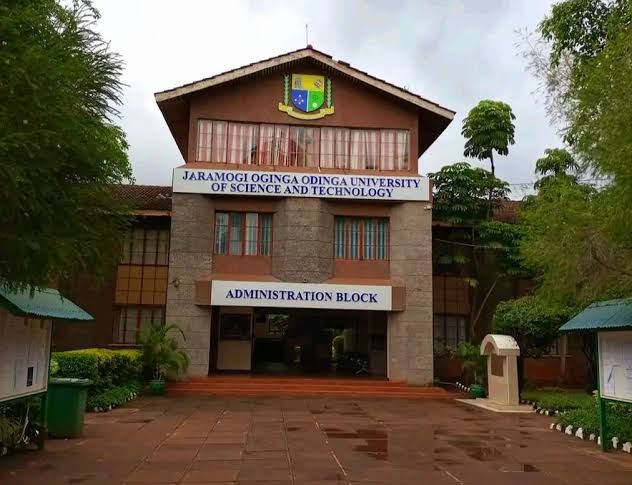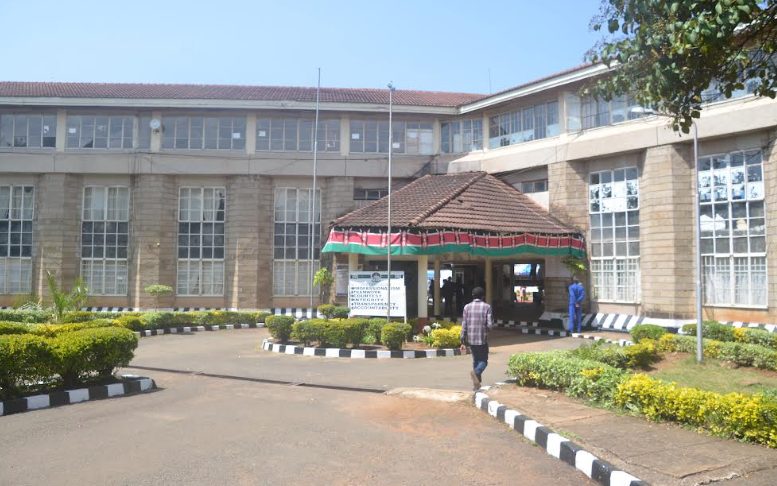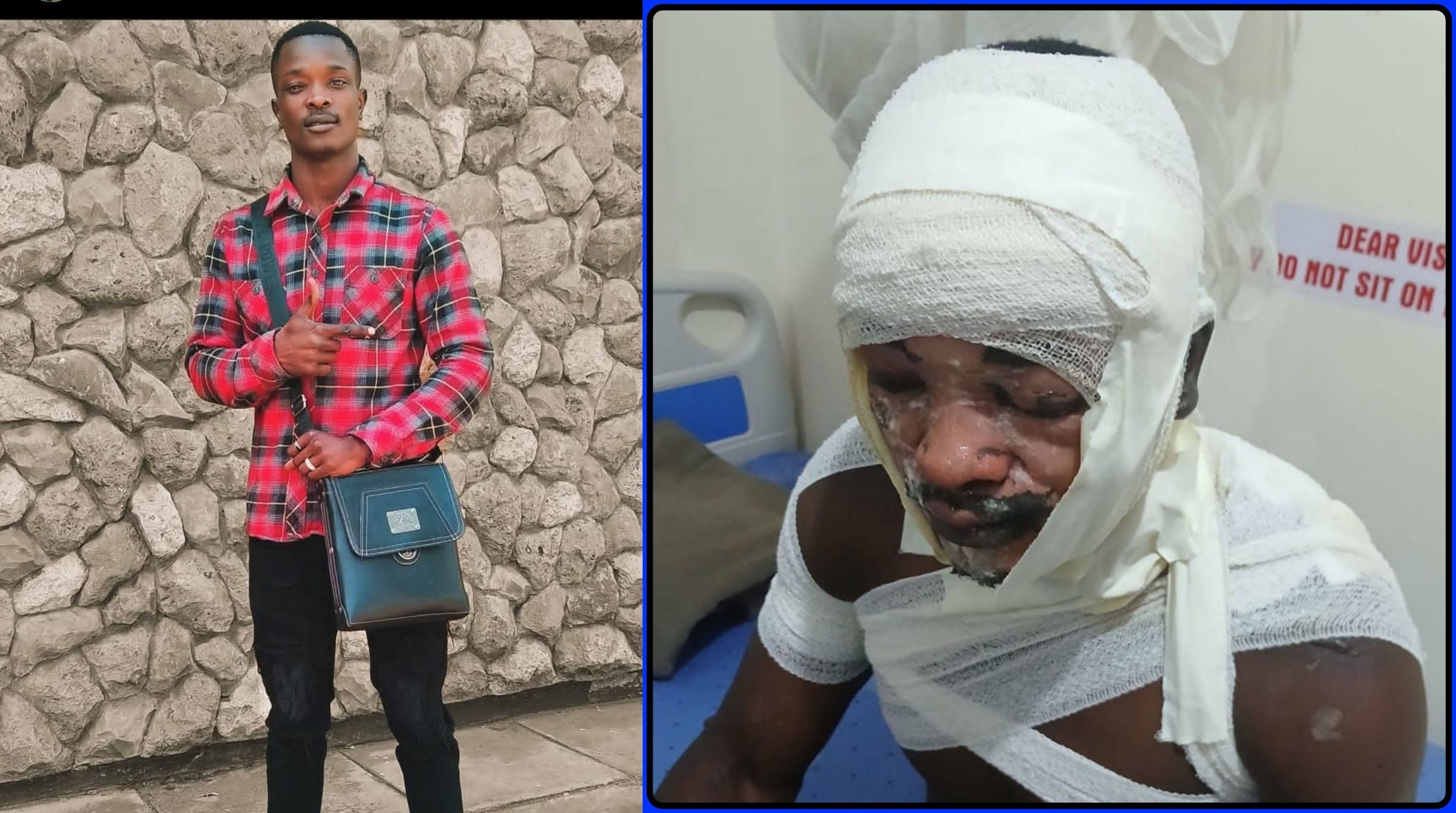Varsities Partners with Prisons to Empower Inmates
By Malachi Motano
Mount Kenya University (MKU) has partnered with Prisons department to empower inmates at the Naivasha Maximum Security Prison.
In the partnership, MKU has distributed tablets fed with offline content to aid learning by inmates at the correctional facility.
The project, sponsored by the National Research Fund is part of a study to determine ‘Effectiveness of Offline Study Desk on Prison Education’, is being implemented through MKU, the National Research Fund, Kenya Prisons Service and the Kenya National Commission for UNESCO.
According to MKU Vice Chancellor Deogratius Jaganyi, the project seeks to empower convicts with skills that will be useful to them once they re-integrate with the community after serving their sentence.
“By the time they get back to their communities, the inmates will be more empowered and the chances of relapsing into crime will be reduce,” he said.
The VC said the tablets handed over contain interactive STEM (Science, Technology, Engineering and Mathematics) subject material and Science Virtual labs for use in training inmates in six maximum prisons across Kenya.
The tablets will also be used for offline teaching where the inmate-students will access learning materials in an internet free environment technology via Signal technology.
“This is a fast and revolutionary use of ICT in Prison education. The project uses education to reduce recidivism and empower the inmates,” the VC added.
He said the research project will be carried out in the six maximum prisons in Kenya namely: Naivasha, Nyeri, Langata Women, Kisumu, Kamiti and Shimo la Tewa maximum prisons.
The project intends to evaluate the effectiveness of ICT in delivery of prison education without the use of the internet. The correctional facilities in Kenya use education as a rehabilitation tool but do not have trained teachers to handle inmate learner; they use the untrained inmates to teach their fellow inmates.
The development of the current solution was borne out of a number of challenges. This includes inadequate learning resources in prisons, lack of qualified faculty to teach (except the few prison education officers who manage the education programme) coupled with the fact that access to the internet is not permitted in the prison for obvious security reasons.
He was speaking at the Prisons Headquarters in Nairobi, where he highlighted that the prison’s project is one of the Corporate Social Responsibility (CSR) activity undertaken by the MKU’s School of Education where, for the last two years, the faculty has been inducting inmates who act as teachers to fellow inmates on the capacity to plan, initiate, lead and develop education and teaching skills.
In the prison facility, you find inmates who are at primary school level, secondary school level and those who have completed secondary school education.








